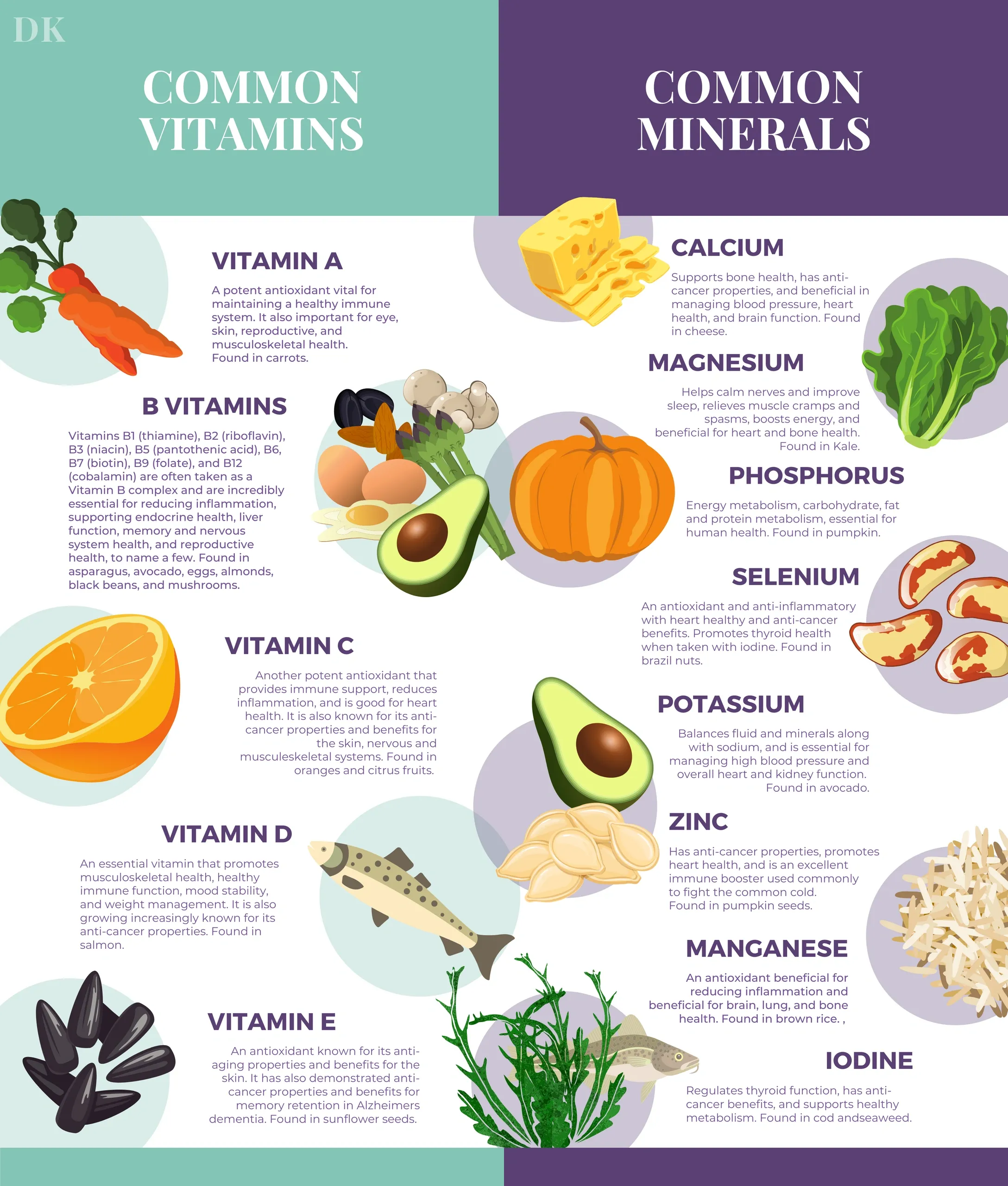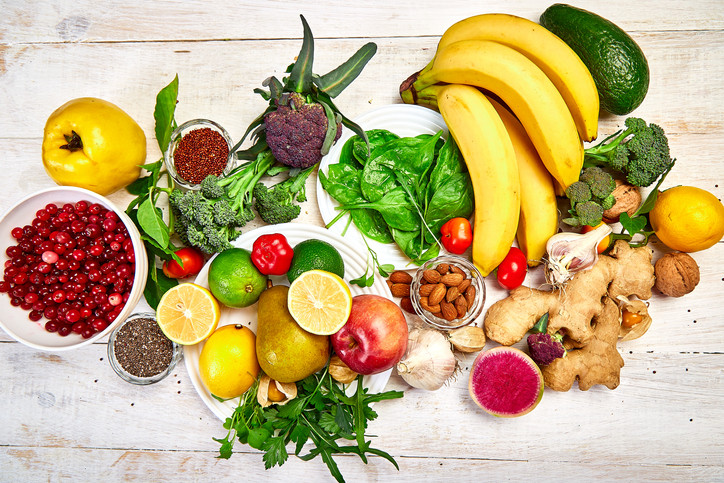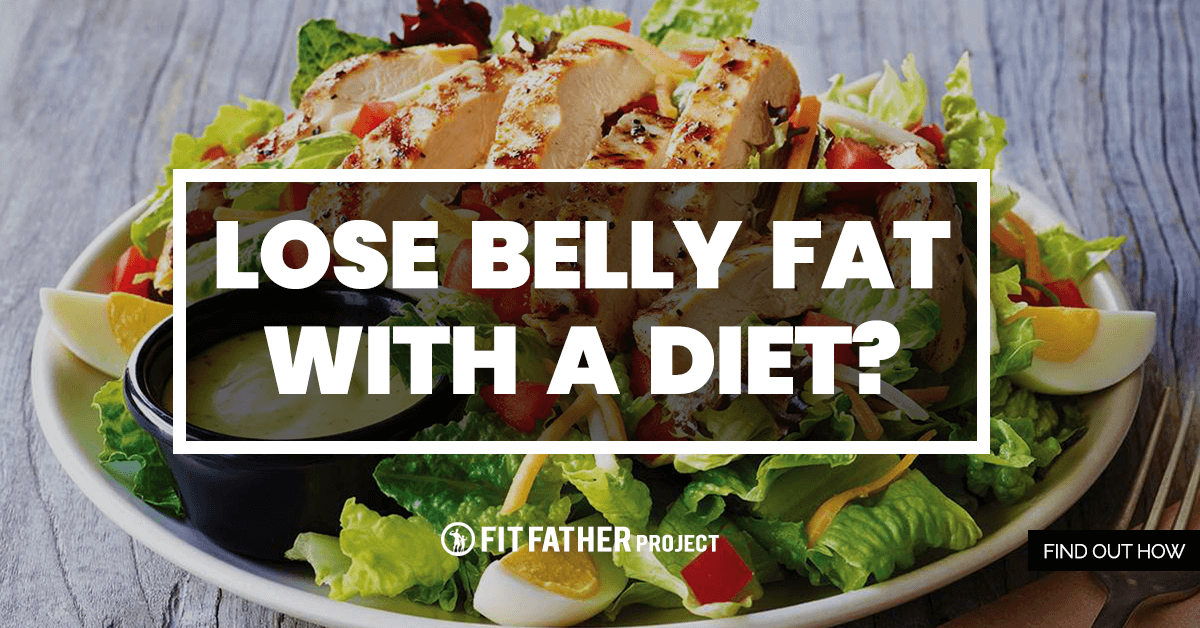You’ve been cutting calories, hitting your steps, maybe even sipping ACV in the morning—but that stubborn belly fat? It’s still hanging on. And no matter how many “fat-burning workouts” you try, it doesn’t seem to go away. Sound familiar?
For many people, especially women after 30, losing belly fat isn’t just about doing more—it’s often about supporting the body’s internal systems. That’s why more and more people are asking: what vitamins are good for losing belly fat? Not just for burning fat faster, but for boosting metabolism, regulating hormones, improving energy, and reducing the inflammation that keeps fat locked in place.
Let’s dive into what the research actually says—beyond the hype—and how to make these nutrients work with your routine, not against it.
Why Vitamins Matter When You’re Trying to Lose Belly Fat
Weight loss often starts with food and movement. But when your body is missing key nutrients, it can resist change—especially in the abdominal area, which is often influenced by stress, insulin, and hormones.
Think about it like this:
-
You’re doing all the “right” things, but you feel tired, puffy, or stuck
-
You snack more under stress or lose control of cravings
-
You sleep poorly, which increases cortisol and appetite
-
Your metabolism feels slower than it used to
These aren’t just willpower problems—they’re signs your body may need nutritional support. That’s where targeted vitamins come in—not as a miracle fix, but as a metabolic ally.

What Vitamins Are Good for Losing Belly Fat?
Below are seven vitamins and key nutrients that play a direct or supporting role in reducing visceral fat, boosting metabolism, and keeping your waistline in check. These aren’t trendy “belly fat burners”—they’re clinically studied, often overlooked essentials.
1. Vitamin D – The Fat-Loss Gatekeeper
Deficiency in vitamin D is surprisingly common, especially for people who work indoors or live in low-sunlight regions. It also happens to be strongly linked to higher belly fat, particularly in women.
Vitamin D plays a role in:
-
Regulating insulin and blood sugar
-
Supporting cortisol (stress hormone) balance
-
Reducing fat cell growth in the abdomen
Where to get it: sunlight (10–20 min/day), fatty fish, fortified foods, or supplements (D3 is best absorbed)
When to supplement: If you rarely get sun or feel sluggish despite eating well, get tested. Most people feel a difference at 1,000–2,000 IU daily with food.
2. B-Vitamins – The Metabolic Team Players
The B-complex group (B1 to B12) supports fat metabolism, energy production, and nervous system function—all of which influence how you burn and store fat.
They help convert the food you eat (especially carbs) into usable fuel. Without enough, your metabolism may stall, and cravings can spike due to unstable blood sugar.
B vitamins especially relevant to fat loss:
-
B6 – supports hormone regulation
-
B12 – boosts energy and fat metabolism
-
B3 (niacin) – aids in fat breakdown
-
B9 (folate) – supports thyroid and adrenal health
Where to get them: whole grains, leafy greens, eggs, fish, meat
Who needs supplements: Vegans, vegetarians, and those under chronic stress often need extra B12 or a full B-complex for metabolic support.
3. Vitamin C – The Cortisol Neutralizer
When your body is under stress, it releases more cortisol, which can trigger fat storage around the belly. Vitamin C helps regulate cortisol and supports adrenal function—your stress-buffering glands.
It’s also crucial for:
-
Collagen production (for skin and gut health)
-
Iron absorption (needed for energy)
-
Reducing inflammation from processed foods or overtraining
Best sources: bell peppers, kiwi, oranges, berries, broccoli
Pro tip: Vitamin C is water-soluble, so consistent daily intake matters more than occasional megadoses.

4. Magnesium – The Sleep, Stress & Craving Stabilizer
Magnesium is quietly one of the most important minerals for women trying to lose belly fat—because it touches everything: sleep, insulin sensitivity, muscle function, and even PMS cravings.
Low magnesium levels are associated with:
-
Poor sleep quality
-
Increased appetite and sugar cravings
-
Slower fat metabolism
-
Higher cortisol and inflammation
Best sources: dark chocolate, spinach, pumpkin seeds, almonds, avocado
When to supplement: Magnesium glycinate or citrate at night (200–400 mg) may improve sleep, reduce bloating, and ease tension.
5. Iron – The Oxygen Transporter for Fat Burning
Iron doesn’t directly “burn fat,” but without it, your metabolism slows way down. Iron helps deliver oxygen to cells, including muscle tissue, which is essential for fat oxidation during exercise.
If you feel constantly cold, tired, and can’t build workout consistency, low iron may be why—especially for menstruating women.
Food sources: red meat, lentils, spinach, tofu, shellfish
Note: Pair plant-based iron with vitamin C to boost absorption. Avoid taking iron with coffee or dairy, which can block it.
6. Calcium – The Fat-Storing Regulator
Calcium isn’t just for bones. Some studies suggest it may help regulate the way fat cells store and burn fat—particularly visceral fat, the deeper layer around your organs.
When combined with vitamin D, calcium seems to enhance fat breakdown and reduce fat cell accumulation.
Food sources: Greek yogurt, sardines, broccoli, fortified almond milk
Tip: Aim for natural food sources first; calcium from food tends to be better absorbed and less likely to cause side effects than high-dose supplements.
7. Omega-3s (Bonus Nutrient)
Okay, not a vitamin—but omega-3 fatty acids deserve a place here. They support inflammation reduction, fat metabolism, insulin sensitivity, and mood regulation.
All of these factors directly affect belly fat—especially for people with chronic inflammation, stress eating, or hormonal shifts.
Best sources: wild salmon, chia seeds, flaxseed, walnuts
When to supplement: If you don’t eat fatty fish 2x/week, consider a high-quality fish oil with EPA and DHA.

Real-Life Habits That Help These Vitamins Work Better
No supplement or nutrient works in isolation. To make the most of these vitamins, pair them with habits that amplify their effects:
-
Add an ACV drink (apple cider vinegar + lemon water) in the morning to support digestion and blood sugar control
-
Drink chia water before meals to increase satiety and stabilize insulin
-
Get morning sun (even 10 minutes) to activate natural vitamin D production
-
Eat protein at every meal to reduce sugar crashes and cravings
-
Prioritize sleep—this is when your body does its best fat-burning repair work
-
Track how you feel, not just the number on the scale—energy, mood, and waist measurements matter
Watchouts: Not Every “Belly Fat Supplement” Is Legit
Let’s be real. The supplement market loves to slap “belly fat” on labels. But that doesn’t mean everything in the vitamin aisle is worth your time (or money). Be cautious of:
-
Mega-doses that far exceed daily requirements
-
Proprietary blends that don’t list exact ingredient amounts
-
Supplements with hidden caffeine that cause jitteriness or insomnia
-
“Fat burners” that suppress appetite but wreck hormones
When in doubt, prioritize quality over marketing claims. And if you’re taking multiple supplements, check for overlaps to avoid overdosing (especially with fat-soluble vitamins like D and A).
FAQ: What Vitamins Are Good for Losing Belly Fat?
Can taking vitamins alone help me lose belly fat?
No. Vitamins support your body’s systems but don’t burn fat directly. When paired with a healthy diet, sleep, hydration, and movement, they can help your metabolism and hormone balance work in your favor.
Which vitamin is best for hormonal belly fat?
Vitamin D and magnesium are two of the most effective nutrients for hormonal support—especially if cortisol, insulin, or PMS symptoms are involved.
How long before vitamins help with weight loss?
Most people feel a difference in energy, cravings, and digestion within 2–4 weeks of consistent intake. Fat loss depends on your overall habits.
Should I take vitamins at a certain time of day?
Yes. Fat-soluble vitamins (A, D, E, K) absorb better with meals. Magnesium is best at night for sleep. B vitamins are energizing—take them in the morning.
Is it safe to take multiple supplements together?
Often yes, but check for overlaps. For example, some multivitamins already include vitamin D or B12. Too much of one nutrient can offset another.
Do I need supplements if I eat healthy?
Maybe not. But even well-rounded diets can fall short—especially for vitamin D, magnesium, or B12. Blood tests can reveal what you truly need.
Small Nutrients, Big Shifts
You don’t need a shelf full of powders to slim your waist. But if you’ve been doing “everything right” and still feel stuck, supporting your body with the right vitamins can make the path smoother.
The best part? These nutrients don’t just help with fat loss—they support better sleep, more energy, balanced mood, and a stronger immune system.
So instead of pushing harder, maybe it’s time to nourish smarter. Begin with the essentials. Track your progress. Let your body respond—not just with weight loss, but with better wellbeing overall.